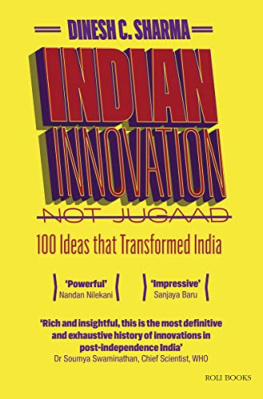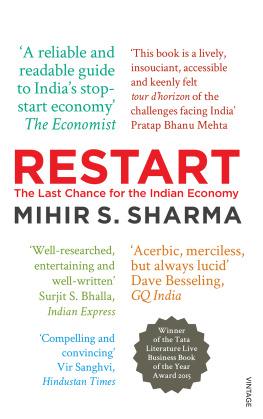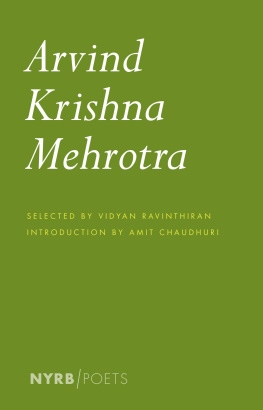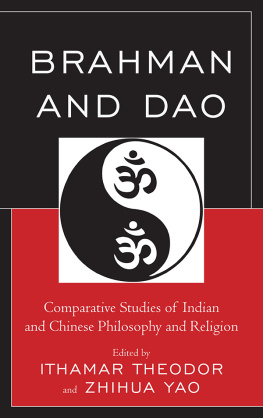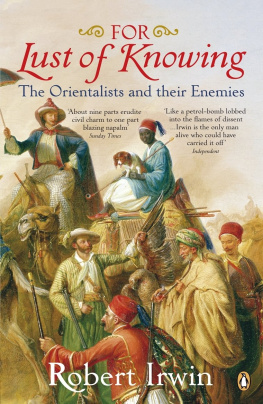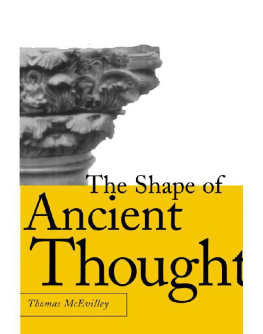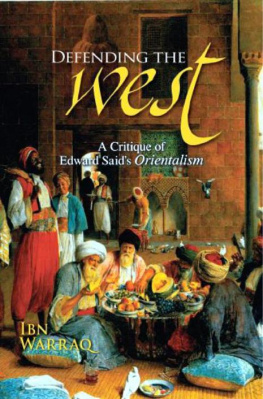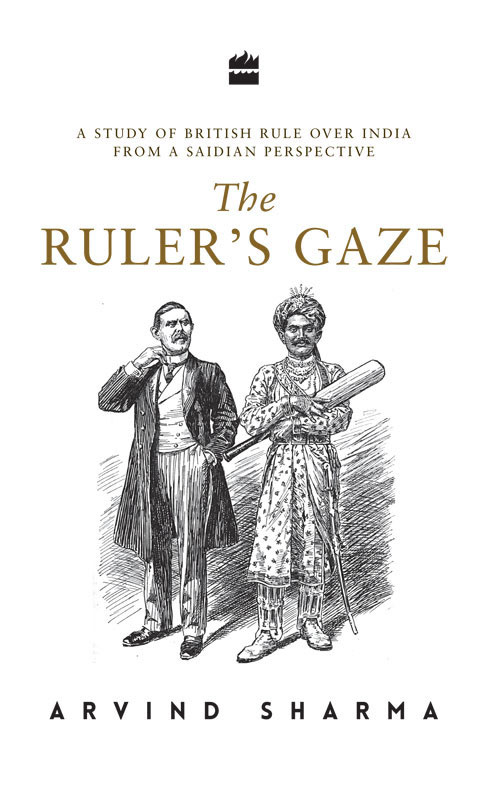of their history.
I
This book is fortuitous in its origin. A few years ago I was asked to review, for Religious Studies Review, the scholarship including and growing out of Edward Saids Orientalism. This was an invitation whose acceptance entailed my reading Saids masterwork (and a lot of other books, judiciously chosen). I had of course heard and read much about the book, but I had not, until then, read it in its entirety. Upon doing so I realized that its breathtaking thesis was worth testing against Indian material; the book itself was primarily concerned with the Middle East. This conviction lies behind this book.
Saids work wrought a semantic cleavage in the meaning of the word Orientalism. It had, until his work, been used to mean what it apparently seems to, namely, the study of the Orient, in either a neutral or positive sense. Edward Said himself acknowledged that one of the meanings of the word was simply an academic one. Anyone who teaches, writes about, or researches the Orient was an Orientalist. And one could assume this was a good thing, or at least that there was nothing wrong with being one. After the appearance and phenomenal success of Saids book, however, the word Orientalism has acquired a negative connotation, for it is his central thesis that such knowledge of the Orient was vitiated by the stance from which it was produced.
Hence the same word could now connote both pre-Saidian good orientalism and post-Saidian bad Orientalism, if one allows value judgments to inform the discourse. From a value-neutral perspective, one could then distinguish between two kinds of Orientalisms. The word has been used in this book in both senses, though primarily the latter.
Several scholars who reviewed Saids work noted that his arguments apply a fortiori to India. According to Thomas R. Trautmann, for instance, India at first blush exemplifies the Saidian thesis even better than does the Middle East. According to Saids arch-critic, Bernard Lewis, The western study of India came at a relatively late stage when Europe was powerful and expanding, a fact which sits better with Saids thesis, while the study of Islam in Europe, in contrast, began in the High Middle Ages and was concerned not with a conquered but a conquering world. Thus India, rather than the Middle East, might exemplify Saids thesis par excellence. This may once again justify the writing of this book.
II
The purpose of this book, then, is to test Saids thesis against Indian material. However, in order for this exercise to be successfully accomplished, one needs to begin with a clear appreciation of his thesis, or theses.
As I see it, the epistemological core of the Saidian thesis consists of the claim that the production of knowledge cannot be viewed independently of the power equations inherent in the production of such knowledge. This proposition could also be stated more resonantly using the famous Baconian maxim Knowledge is power; Saidian Orientalism almost inverts this maxim into Power is knowledge or, at least, Power defines knowledge. The thesis is capable of further extension in the context of the age of colonialism from which the world has, at least formally, recently emerged, although some might argue that we still live in its shadow. Roger Bacon (12141294) comes a little before the beginning of this age of imperialism, and Edward Said soon after its formal end. One could then say that the age began with the celebration of the maxim in its original form, that knowledge is power. The West acquired such knowledge about the rest of the world, which gave the West power over it. Once it had this power, the West used it to produce a certain kind of knowledge about the rest of the world, which both reflected and perpetuated its political control. This dual dynamic is also captured, in its own way, in the case of British rule over India, which is said to have followed the hallowed imperial strategy of divide and rule (Divide et Impera). However, once India was firmly in British control, the British also followed a policy of rule and divide. This imperial inversion may be compared to the previous Baconian inversion.
More modestly, the thesis could be expressed in the realization that the claim to objectivity, often made on behalf of Western academic scholarship about the rest of the world, is rendered suspect by the idea that the conditions under which this knowledge was produced cannot be divorced from the nature of the knowledge which was produced. This thesis can be stated in both a strong and a moderate form. The strong version of the thesis is stated famously by Edward Said as follows:
I doubt if it is controversial, for example, to say that an Englishman in India or Egypt in the late nineteenth century took an interest in those countries that was never far from their status, in his mind, as British colonies. To say this may seem quite different from saying that an academic knowledge about India and Europe is somehow tinged and impressed with, violated by, that gross political factand yet that is what I am saying in this study of Orientalism.
The italics here belong to the original text. In a way, then, if Said applied Orientalism to Egypt, I wish to apply it to India. In such an Indian context, the thesis has been stated in its moderate version by Trautmann as follows: Since the appearance of Saids book, we cannot discuss current knowledge of Asia without a far more acute sense of the relevance of the colonial conditions under which such knowledge came into being than that which we have held.
Attempts have been made to extend Saids thesis to India by such scholars as Ronald Inden, Trautmann, Richard King, and by several scholars in a volume edited by C. Breckenridge and Peter van der Veer, to name a few. The variety of these applications has been read as an indication of how vague the Saidian thesis is, and how various and underdetermined its various applications to India are bound to be. One might wish to argue that Saids thesis is general rather than vague, but given its varied applications to India, it may not be inappropriate to be more specific about the nature of the present enterprise.
III
If one provisionally accepts Saids contention that the relationship between knowledge and power is central to the way the West depicts the non-West, then it could lead to certain formulations, in the case of India, as representing instantiations of this general principle. The British period of Indian history could be taken as an illustration of the interaction between the West (read Britain) and the non-West (read India). This interaction could also be compared with the interaction of India with the West in the past, as represented by Greece. Thus Saids thesis could be tested both specifically for British India, and also comparatively by taking evidence from ancient India into account.
Even when Saids thesis is tested specifically for the period of British rule over India, it could be tested both diachronically and synchronically, and reduced to the following testable hypotheses.


